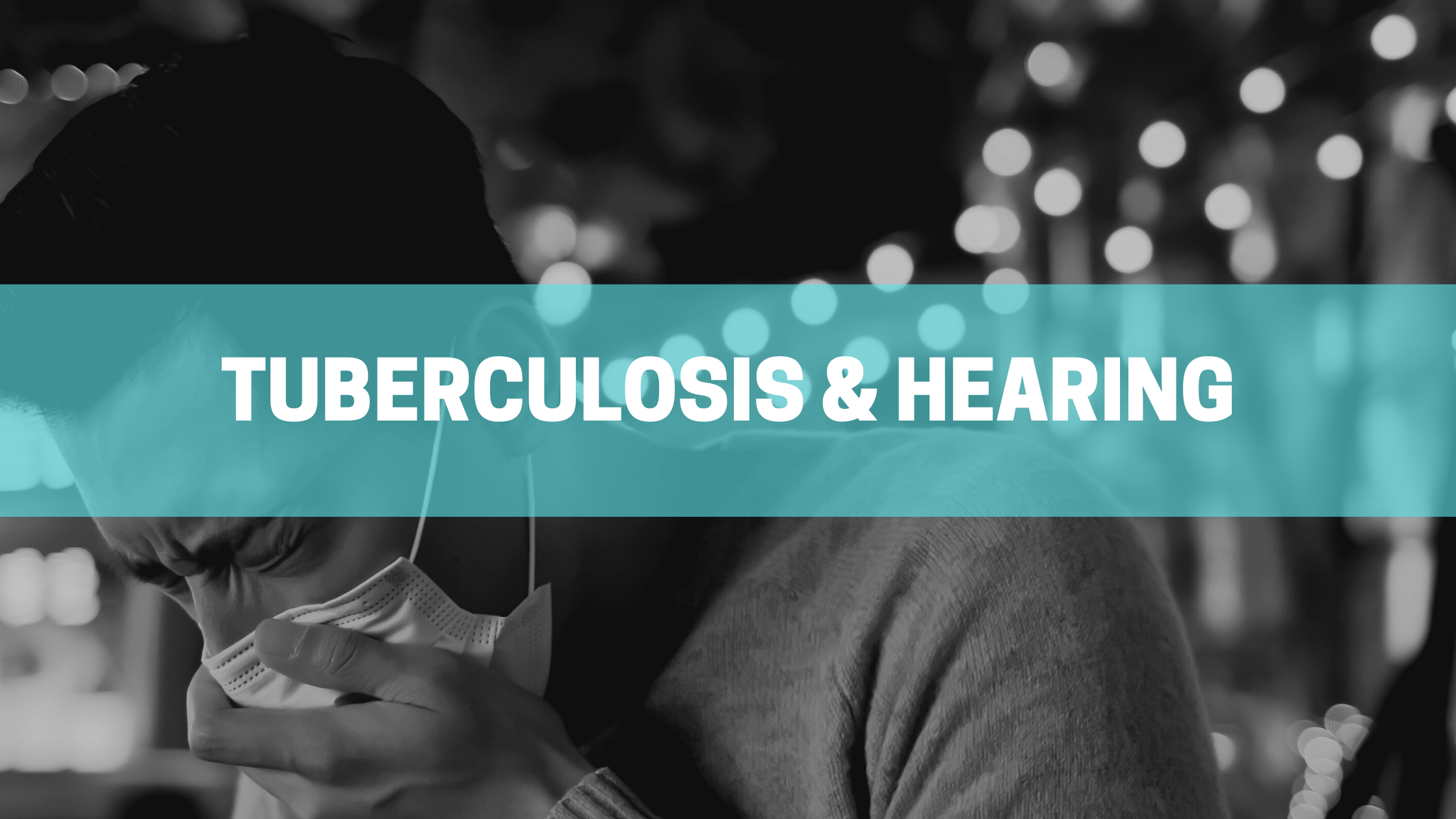
How are you at risk for hearing loss if you have tuberculosis?
It is not a well-known fact that patients treated with a specific medication for drug-resistant tuberculosis are at risk for hearing loss. Patients that are prescribed to use amikacin, kanamycin, streptomycin and capreomycin might be at risk for hearing loss. Hearing loss is described as one of the side effects of using these medications to treat tuberculosis.
FUN FACT: Any antibiotics ending with a –cin at the end are potentially harmful to your hearing
If a patient is diagnosed with drug resistant tuberculosis, they will be monitored for hearing loss every 3 months until after the treatment has stopped to ensure the hearing has not deteriorated. Luckily the world of medicine evolves, and another medication has been used to treat drug resistant tuberculosis – Bedaquiline. Bedaquiline has been found to have a less harmful impact on our hearing and balance organ. Patients are still monitored to ensure there is no changes in hearing sensitivity.
How will the medication affect your hearing?
In our organ of hearing, we find hair cells that are arranged according to frequency. When we hear sound, the high frequency sounds are stimulated first followed by the lower frequencies. When taking medication that is harmful to our hearing it first attacks and damages the high frequency hair cells more because it is reached first. If the hair cells in our ears are damaged, it will cause permanent damage to our hearing sensitivity.
If you are concerned after taking medication that has hearing loss mentioned as a side effect, have your hearing monitored frequently. Your audiologist can advice you on other medications that might be harmful to your hearing.
0
